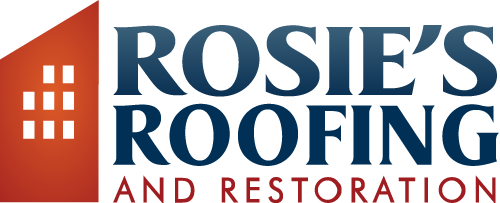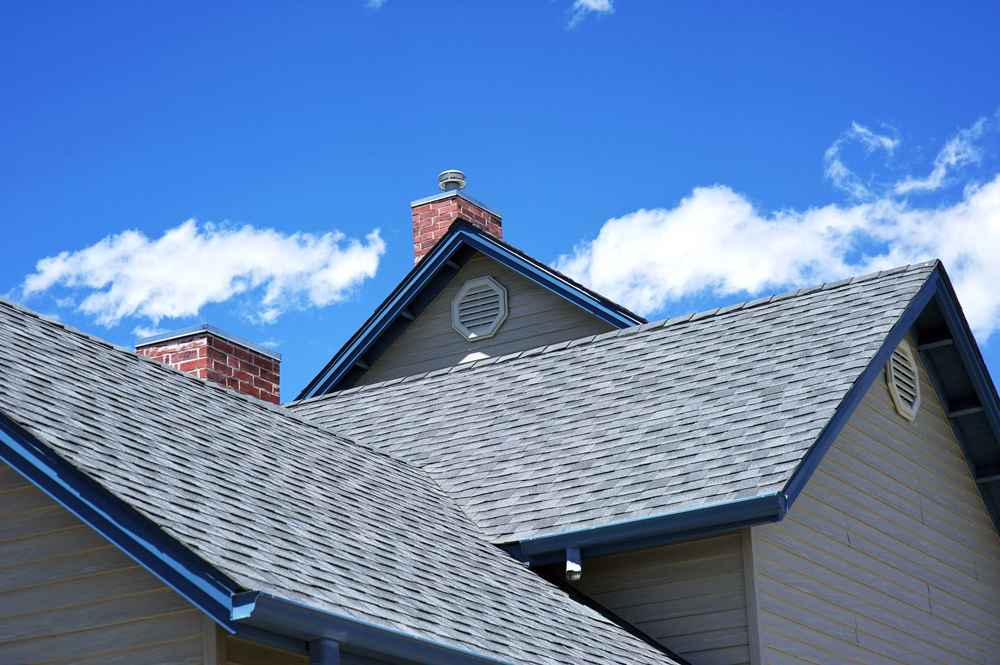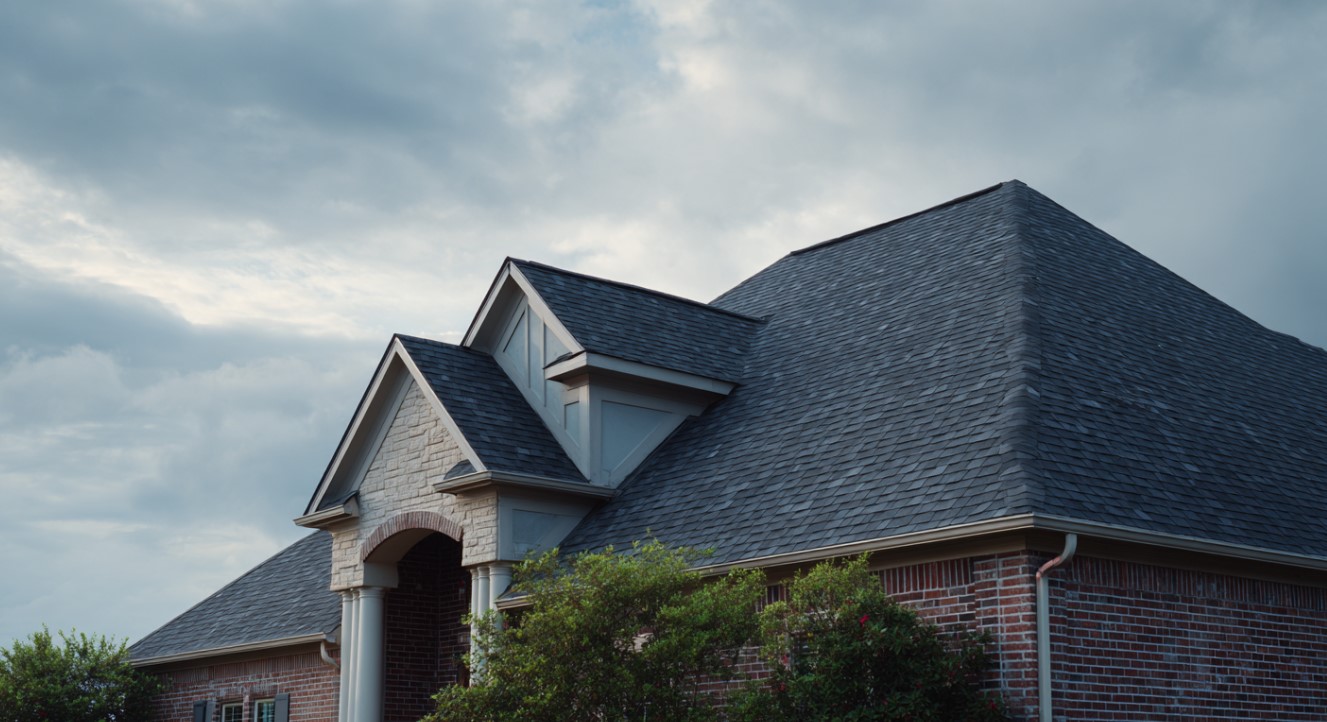Let’s face it—when it’s time to replace your roof, the options can be overwhelming. You start with a simple question like, “What’s the best roofing material for my home?” and suddenly you’re knee-deep in terms like “architectural shingles,” “modified bitumen,” and “standing seam metal.” It’s enough to make any homeowner pause.
At Rosie’s Roofing and Restoration, we get it. Choosing between different types of roofing materials isn’t just about aesthetics. You’re thinking about longevity, cost, performance in Atlanta’s climate, and how each option holds up to stormy weather or sweltering summers.
This blog post is designed to guide you through comparing roofing materials so you can make a confident, informed decision. Whether you’re debating asphalt vs metal roof systems or weighing the pros and cons of roofing materials in general, we’re here to break it down—no jargon, no fluff, just real insight.
Let’s dive in.
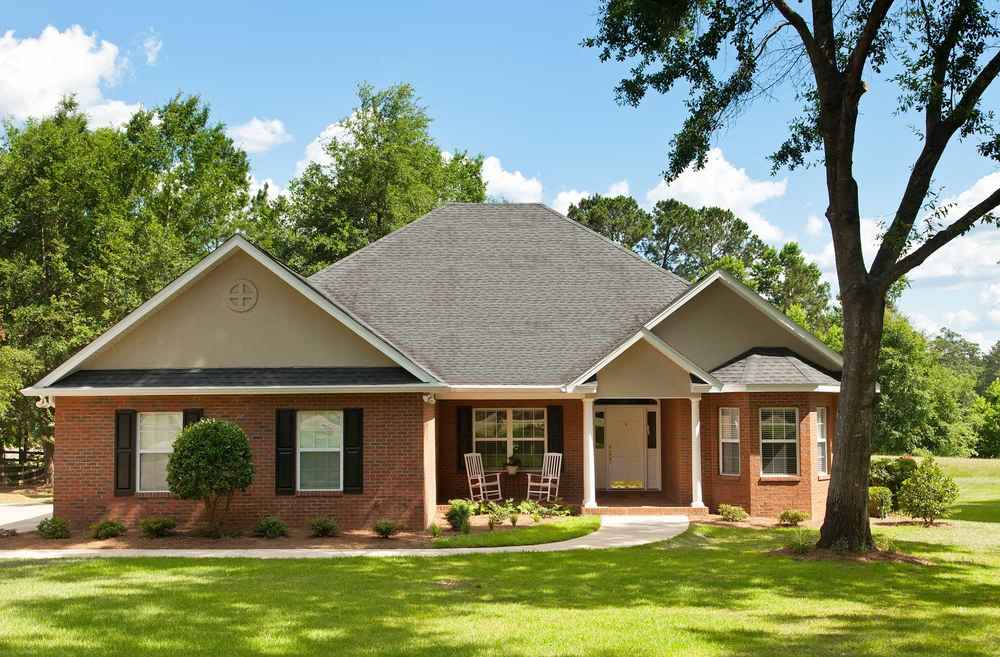
Why Choosing the Right Roofing Material Matters
Roofing isn’t just a protective layer; it’s a long-term investment in your home’s value, safety, and comfort. A bad choice can lead to higher energy bills, constant repairs, or even premature replacement. On the flip side, the right choice can give you decades of peace of mind.
But here’s the tricky part: there’s no universal “best” material. The best roofing material for your home depends on a mix of factors, including:
- Budget
- Style preferences
- Longevity expectations
- Local weather conditions
- Roof pitch and structure
- Maintenance tolerance
So when homeowners ask us about a roofing material comparison chart or whether to choose asphalt vs metal roof systems, we always say: Let’s start with your priorities.
Now let’s walk through the most common types of roofing materials you’ll encounter.
Asphalt Shingles: The Classic Choice
Asphalt shingles are by far the most common roofing material in the United States—and for good reason. They’re affordable, versatile, and well-suited to a wide range of home styles.
Pros of Asphalt Shingles
- Budget-friendly without compromising durability
- Available in a wide range of colors and styles
- Simple installation and easy repairs
- Good fire resistance (especially fiberglass-based shingles)
- Manufacturer warranties of 20–50 years
Cons of Asphalt Shingles
- Shorter lifespan compared to premium materials (15–30 years)
- Can be prone to wind uplift if not installed properly
- Less energy-efficient in extreme heat
Asphalt is a smart option for homeowners who want solid performance and a traditional look without breaking the bank. It’s especially popular for residential roof replacements in Atlanta, where quick weather shifts call for reliable roofing.
At Rosie’s Roofing and Restoration, we install architectural, three-tab, and luxury asphalt shingles from top manufacturers like GAF, Owens Corning, and CertainTeed—complete with industry-leading warranties and expert installation.
Metal Roofing: Durable and Distinctive
Once reserved for barns and industrial buildings, metal roofs have evolved into a high-performance, stylish option for modern and traditional homes alike.
Pros of Metal Roofs
- Exceptional lifespan (40–70 years)
- Highly resistant to fire, wind, and hail
- Reflects solar heat, reducing energy costs
- Lightweight and compatible with most existing roof structures
- Low maintenance over time
Cons of Metal Roofs
- Higher upfront cost
- Can be noisier during rain or hail unless properly insulated
- Limited color and style customization (depending on material)
The asphalt vs metal roof debate often comes down to long-term value. If you’re staying in your home for decades, metal may be worth the investment. If you’re looking for a quick ROI or preparing a home for resale, asphalt might be the better choice.
While Rosie’s currently focuses on residential asphalt and flat roof systems, we can connect you with vetted specialists if metal roofing is your preferred route. We want what’s best for your home—even if we’re not the ones installing it.
Modified Bitumen: A Smart Choice for Flat or Low-Slope Roofs
Modified bitumen (or “mod-bit”) is a hybrid asphalt product commonly used on flat or low-slope roofs. Many intown homes and commercial properties in Atlanta rely on this material for its water resistance and durability.
Pros of Modified Bitumen
- Excellent waterproofing performance
- Durable under foot traffic and mechanical stress
- Layered installation adds redundancy
- Compatible with energy-efficient cap sheets (cool roofing)
Cons of Modified Bitumen
- Aesthetically limited (mostly for utilitarian applications)
- Installation requires experience with heat-welding or adhesives
- Heavier than other flat-roof options
Rosie’s Roofing and Restoration installs and repairs modified bitumen roofs for both residential and commercial applications, ensuring the system fits your home’s structure and your budget. If you’re dealing with leaks or ponding water, mod-bit could be your solution.
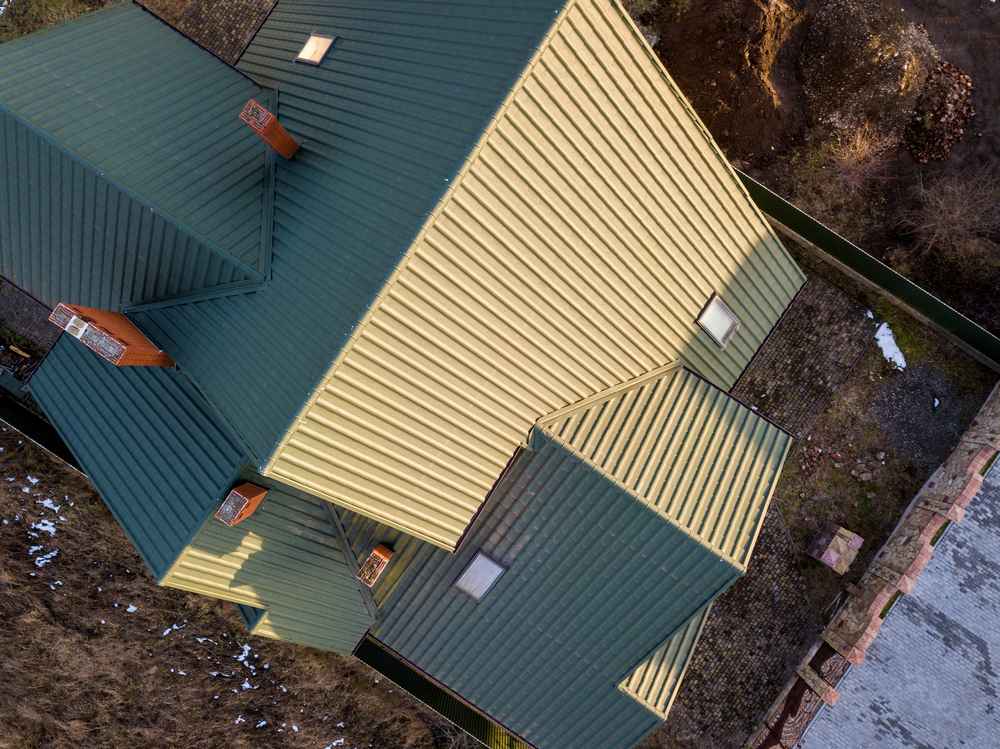
Other Roofing Materials: Slate, Tile, Cedar (and Why We Don’t Recommend Them for Most Homeowners)
You may come across beautiful roofing materials like natural slate, clay tile, or cedar shake during your research. These options can offer stunning curb appeal and excellent longevity—but they come with caveats.
Pros
- Slate and tile can last 75–100 years
- Unique, high-end aesthetic
- Natural materials with minimal processing
Cons
- Extremely heavy (may require structural reinforcement)
- High material and labor costs
- Brittle under impact (especially tile)
- Difficult to repair or replace specific sections
These premium roofing materials aren’t typically used on homes in Atlanta due to cost and climate considerations. Plus, local humidity and storm activity can accelerate aging or damage.
At Rosie’s, we focus on practical, high-performance solutions that balance beauty, cost, and reliability. That means asphalt and modified bitumen are usually our go-to recommendations.
Roofing Material Comparison Chart
Sometimes, it helps to see the basics side-by-side. Here’s a simplified roofing material comparison chart to help you weigh your options:
| Material | Lifespan | Cost | Maintenance | Energy Efficiency | Aesthetic Range |
| Asphalt Shingles | 15–30 years | $ | Low | Moderate | High |
| Metal Roofing | 40–70 years | $$$ | Low | High | Moderate |
| Mod Bitumen | 20–30 years | $$ | Medium | Moderate | Low |
| Slate/Tile | 75–100 years | $$$$ | Medium | High | High |
Remember, this chart is just a starting point. The right choice depends on your home’s needs, your budget, and your goals.
How Rosie’s Roofing and Restoration Helps You Choose
Making the right call on roofing doesn’t have to be stressful. We’ve worked with homeowners across the region to match them with the best roofing material for their home, climate, and lifestyle.
Here’s how we make it simple:
- We perform a full roof inspection before recommending materials
- We walk you through your options clearly—no pressure, no jargon
- We only work with materials we trust and install them to manufacturer specs
- We back our work with industry-leading warranties and honest follow-up
And we’ll never recommend a material that’s not the right fit for your property. It’s that level of integrity that’s made us one of the most respected names in roofing in our community.
Ready to Compare Roofing Materials for Your Own Home?
If you’re still unsure about the best option or want to explore the pros and cons of roofing materials in more detail, let’s talk. We’ll help you weigh the benefits, costs, and expected lifespan of each option—and guide you toward a solution that makes sense for your specific situation.
To schedule your consultation or get a tailored roofing material comparison, contact Rosie’s Roofing and Restoration by calling 678-799-7499 or emailing [email protected]. You don’t have to guess your way through this—we’ll help you get it right the first time.
